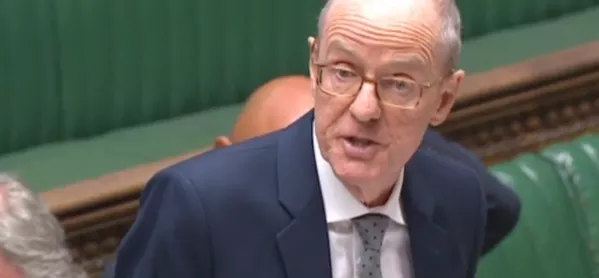OK, OK, OK. This is a bit of a stretch, but as the political machinations play out in Westminster, what price arch-traditionalist Nick Gibb being appointed education secretary?
A number of different, and independent, events need to happen first, but none are hugely unlikely in and of themselves. In narrative order they are: Theresa May is forced to stand down; Michael Gove becomes prime minister; Michael Gove appoints Nick Gibb, who is currently schools minister, as education secretary.
Obviously, the odds on both May going and then Gove winning the leadership are reasonably long (he is currently third favourite at 7-1), but wouldn’t it make sense if Gove were to win for him appoint his former Department for Education sidekick to the top job?
After all, Gibb is loyal, reliable, unambitious (beyond education) and an unparalleled supporter and protector of Gove’s legacy as education secretary. Indeed, it is said that when Gove agreed to his shock move out of the DfE in 2014, he insisted that Gibb should be schools minister for all these reasons.
And it’s not as if the Tory party’s benches are awash with radical thinking on education. (Apart from potentially Nick Boles, a former FE minister and vocal Gove loyalist).
Putting the wild speculation to one side, it is worth noting that Gibb’s position in the DfE is the subject of some speculation in education’s traditionalist faction at the moment. They worry deeply that should he leave the department - after many years in the job - they would lose the source of their strongest political cover.
After all, Gibb has been behind the Phonics Screening Check and the new, harder key stage 2 Sats, and he delivered the tougher GCSEs and A levels. He is also a proponent and backer of ResearchEd and Parents and Teachers for Excellence, both groups that promote traditional pedagogy.
He is also the biggest cheerleader for plans for the new Times Table Check at Year 4.
If Gibb were elevated, then no doubt his “neo-trad” supporters would be delighted, but if he were reshuffled, or even fired, how much of this educational legacy would survive?
Ed Dorrell is head of content at Tes




